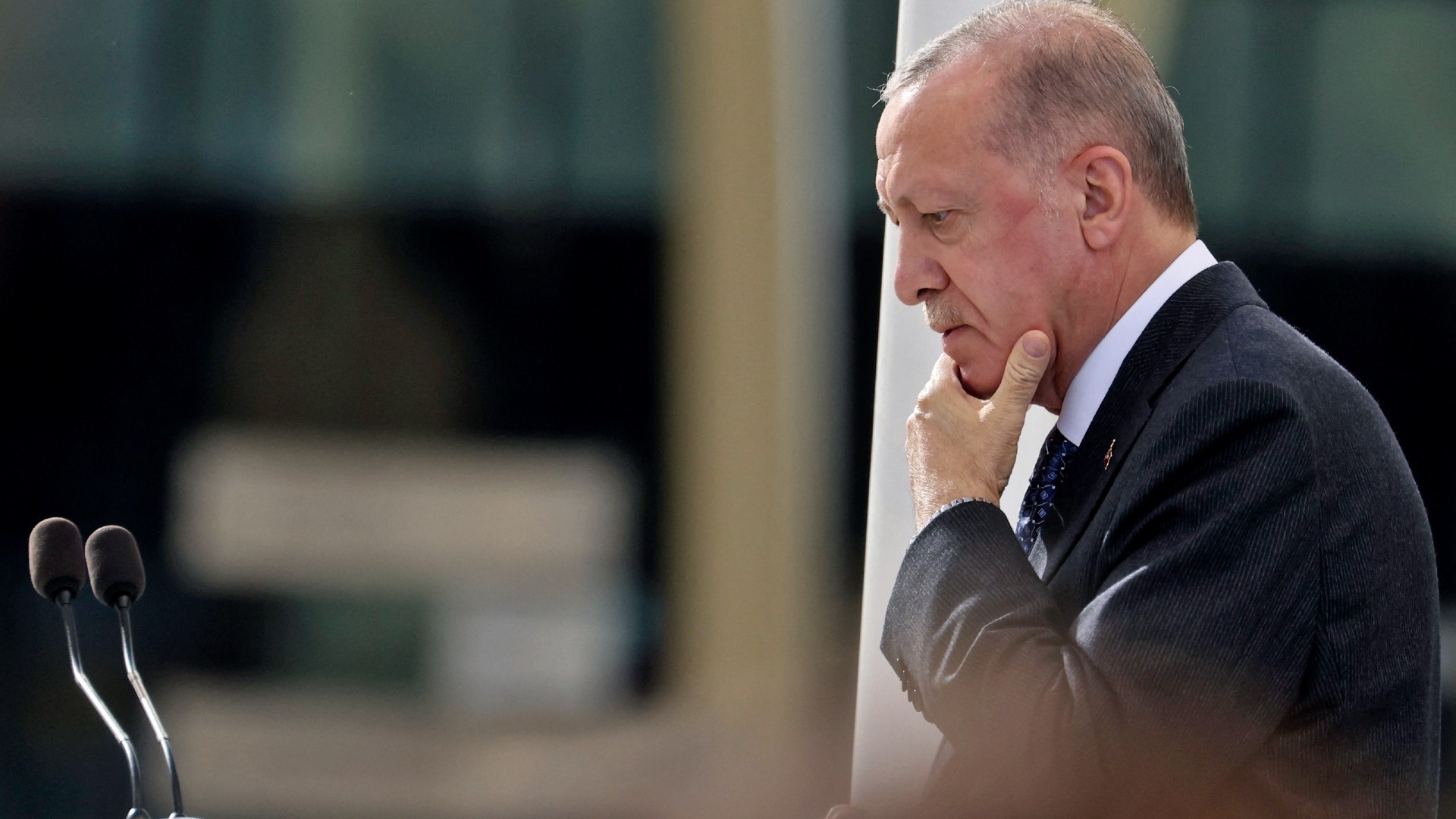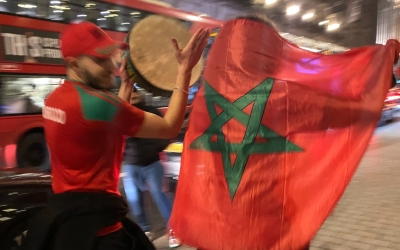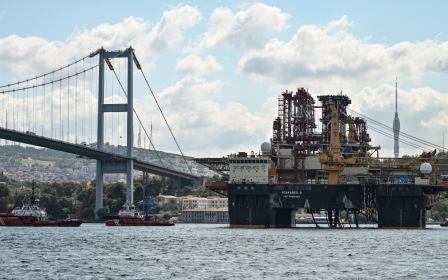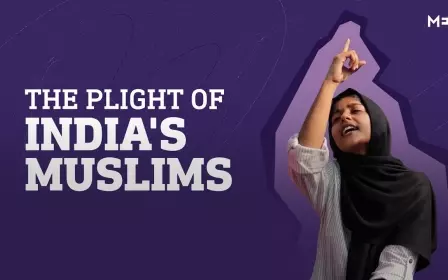Arabic press review: Turkey's AKP plots early election

Turkey's AKP plots early election
A Turkish source has told Al-Quds al-Arabi newspaper that the ruling Justice and Development Party (AKP), in coordination with its ally the Nationalist Movement Party (MHP), plans to set an early date for parliamentary and presidential elections scheduled for next June.
The unnamed source, who is close to the AKP, said the party is making all necessary preparations and plans for the possibility of holding early parliamentary and presidential elections, noting that the preparations are not related to a specific date.
Next April is the date being circulated in AKP circles, the source said, noting that there had also been talk of holding elections at the beginning of March, before Ramadan, an option not preferred by Recep Tayyip Erdogan's party.
The AKP has the right to request that parliamentary and presidential elections are brought forward. It can do this directly or through its ally, the MHP. The ruling coalition has a sufficient majority to pass this through parliament.
New MEE newsletter: Jerusalem Dispatch
Sign up to get the latest insights and analysis on Israel-Palestine, alongside Turkey Unpacked and other MEE newsletters
The tactic would most likely be aimed at surprising the opposition at a time of great upheaval in Turkey.
Morocco protests due to high prices
Thousands demonstrated in the Moroccan capital, Rabat, to protest against the rise in prices in the country, as well as the suppression of freedom of expression, corruption, and normalisation with Israel, according to the Arabi21 website.
The demonstration was organised by the Moroccan Social Front, an alliance of left-wing parties and trade union organisations.
According to journalists' estimates, thousands of people participated. The General Directorate of National Security, Morocco's main state police body, said the number of participants was 1,200-1,500.
Protesters chanted slogans such as "The people want to bring down the high prices" and "Down with tyranny".
They also condemned "bribery" and "corruption".
Younis Farashin, the national coordinator of the Moroccan Social Front, said in a speech on behalf of the demonstration: "We came to protest against high prices... against a government that represents the inter-relation of money and power and supports monopoly capital.
"More than three million Moroccans have become poor," he said, referencing the repercussions of the Covid-19 pandemic, inflation and slow economic growth.
Morocco has witnessed a significant rise in the price of fuel, food and services, as well as an exceptional drought that led to a decline in the official forecast for growth to only 0.8 percent this year.
Demonstrators raised Palestinian flags and slogans against normalisation with Israel, which is rejected by left-wing organisations and Islamists in general, affirming that they are "united against high prices and against normalisation", according to Arabi21.
Indian engineers face Kuwait deportation
Thousands of Indian engineers working in Kuwait have called on their country's government to help them safeguard their jobs, fearing that losing their employment will lead to the termination of their residence permits and deportation from the country.
Thousands of Indian engineers have called on New Delhi to help them obtain a "no-objection certificate" from the Kuwait Society of Engineers, before they lose their jobs in Kuwait, according to the Kuwaiti Al-Rai newspaper.
According to the Indian Engineers Forum in Kuwait, about 12,000 Indian engineers, who are currently working in Kuwait, face a problem in obtaining the certificate.
Within a month, the Kuwait Society of Engineers rejected 800 applications to obtain it, because the applicants had graduated from engineering colleges before the Indian National Board of Accreditation (NBA) was established.
India established the NBA, which certifies university degrees in India, in 2005. Kuwait recently issued a decision that NBA approval was mandatory for those who wish to work as engineers. This put thousands of engineers, who obtained university degrees before 2005, in danger of losing their jobs.
The Indian engineers appealed to the New Delhi government to persuade its Kuwaiti counterpart to adopt the certificates issued before the establishment of the NBA.
They also called on the Indian foreign and education ministries to communicate with their Kuwaiti counterparts, to clarify aspects of the Indian educational system and its regulatory bodies.
Middle East Eye delivers independent and unrivalled coverage and analysis of the Middle East, North Africa and beyond. To learn more about republishing this content and the associated fees, please fill out this form. More about MEE can be found here.





